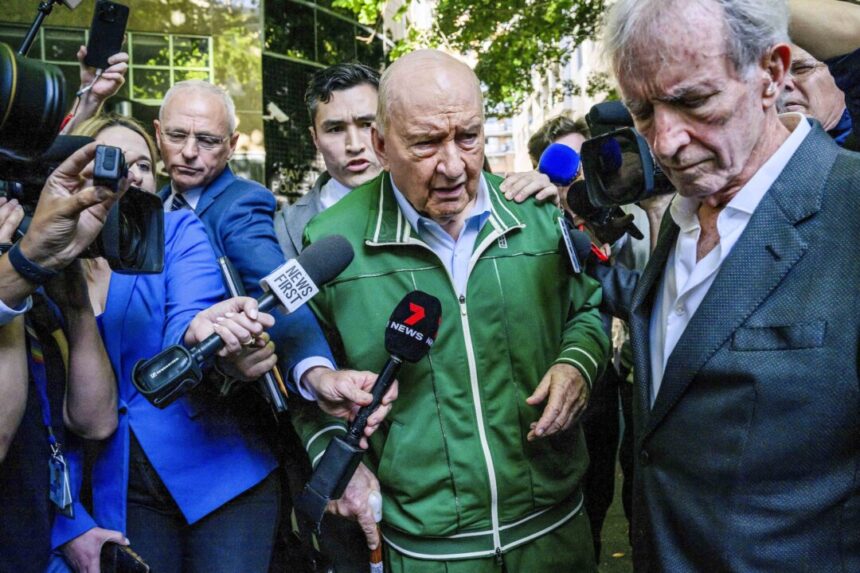A criminal lawyer based in Sydney discusses the difficulties of handling historic criminal cases. The recent arrest and charges against Alan Jones for historic allegations of indecent assault and sexual touching have raised concerns. The investigation was triggered by reports in The Sydney Morning Herald, leading to legal action by Jones against the news publication’s parent company. Finding an impartial jury for Jones’ trial is crucial due to the high-profile nature of the case. The lawyer emphasizes the challenges of historic cases that rely heavily on witness testimony, particularly in cases involving traumatic events. Drawing parallels to the case of Cardinal George Pell, the lawyer warns against rushing to judgment in such cases.
Nikolic emphasized the importance of upholding the presumption of innocence for Jones to avoid a situation like former Cardinal Pell’s public trial and subsequent exoneration.
It is crucial for courts to balance the rights of the accused with the quest for justice for complainants by carefully assessing the admissibility of evidence and the credibility of witness testimony.
In cases where a jury is tasked with determining an alleged offender’s guilt, they are instructed to find the accused guilty beyond a reasonable doubt.
Nikolic highlighted that Pell’s conviction relied heavily on the testimony of a single complainant without any supporting physical evidence. The High Court of Australia acquitted Pell due to the lack of establishing guilt beyond a reasonable doubt.
High-profile cases can be swayed by public opinion and media coverage, potentially compromising the fairness of the proceedings. There is a concern that similar issues could arise in this case as well.
Jones to Assert Innocence
New South Wales Police Assistant Commissioner Michael Fitzgerald revealed that police intended to allege that Jones had committed offenses against both young men he knew personally and professionally.
It is alleged that some victims had personal relationships with the accused, while others encountered him for the first time during the alleged offenses.
Jones’s lawyer stated that his client would proclaim his innocence in court and vehemently deny any wrongdoing. The defense affirmed that Jones would defend himself in the case, emphasizing his presumption of innocence.
Daniel Y. Teng contributed to this article.






